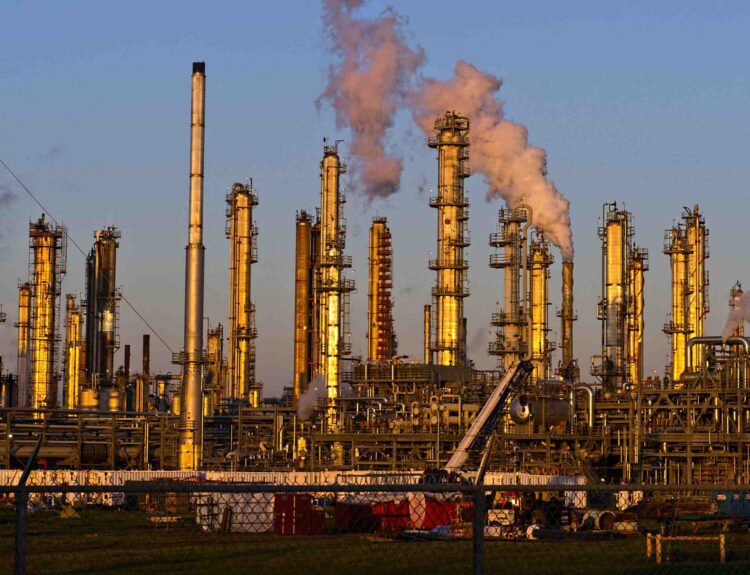Oil prices are volatile, but traders aren’t panicking — despite rising fears of an escalation of Israel-Hamas war
- Global financial markets have largely brushed off war worries despite the Israel-Hamas conflict.
- Oil futures spiked but remain below their 2023 closing highs.
- Prices for later-dated oil contracts are lower than nearer futures, indicating expectations of price decline.
- OPEC has spare capacity to cushion any shortfall from Iran.
- Saudi Arabia knows that a surge in oil prices can be self-defeating.
- Mideast tensions strengthen the floor beneath oil prices.
- Geopolitical disruption is contributing to market and economic volatility.
- Long-term inflation expectations and term premia are increasing.
- The conflict adds to the defense bill and puts upward pressure on yield.
Factuality Level: 6
Justification:
Noise Level: 3
Justification:
Financial Relevance: Yes
Financial Markets Impacted: The article discusses the impact of spiking oil prices on global financial markets.
Presence of Extreme Event: No
Nature of Extreme Event: No
Impact Rating of the Extreme Event: No
Justification: The article does not describe any extreme event.
Public Companies: Brent crude (BRN00), West Texas Intermediate crude (CL00)
Private Companies:
Key People:
Spiking oil prices have not caused significant concern in global financial markets despite the ongoing Israel-Hamas war. While oil futures experienced a spike, they remain below their recent highs. Additionally, prices for later-dated contracts are lower than nearer futures, indicating expectations of a decline in prices. The Organization of the Petroleum Exporting Countries (OPEC) has spare capacity to cushion any potential shortfall from Iran. Saudi Arabia understands that a surge in oil prices can have negative consequences. However, the conflict in the Middle East strengthens the floor beneath oil prices. This conflict highlights the increasing impact of geopolitical disruption on market and economic volatility. Long-term inflation expectations and term premia are on the rise. Furthermore, the conflict adds to the defense bill and puts upward pressure on yield.






